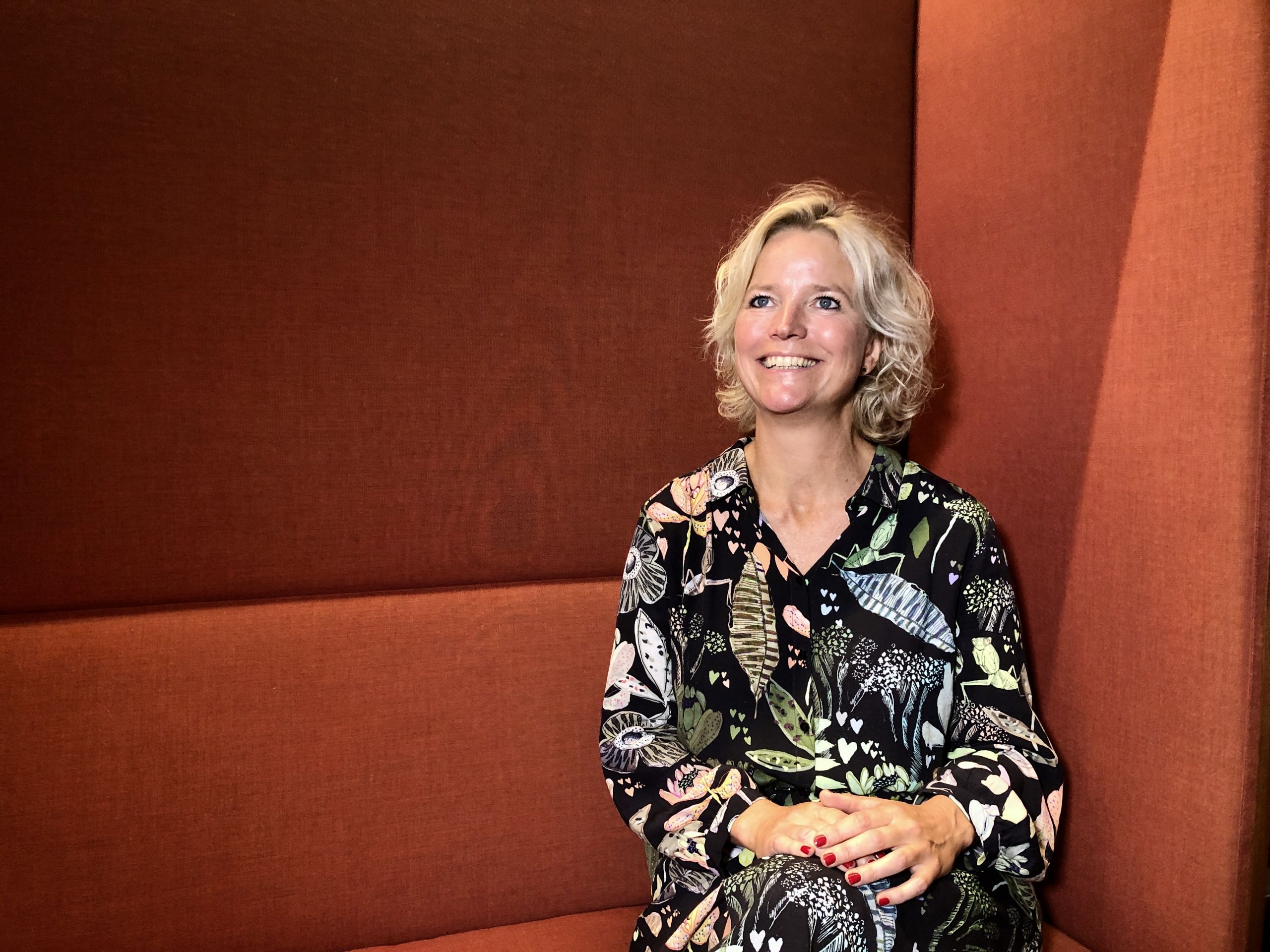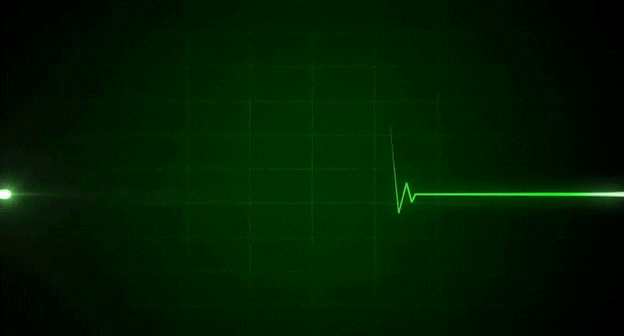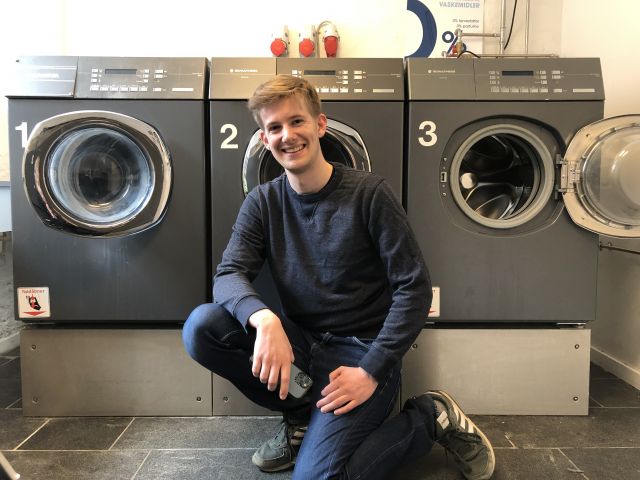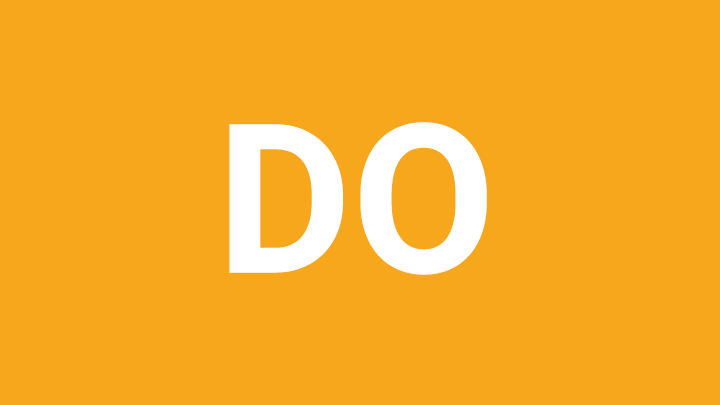Largest IT project in CBS history: Digital heart transplant ahead for CBS – and Karina is the “surgeon”

Karina Kyhne is Project Leader in CBS' IT Department and in charge of implementation of the coming Kopernikus IT system. (Photo: Anne Thora Lykkegaard & Mette Koors)
The 30-year-old IT system, STADS, is intertwined with almost every digital process at CBS. Even the parking registration is hooked up to STADS. Now, all that will change, as the Danish universities are working together to find a successor. The new system is set to be implemented at CBS in 2026.
Karina Kyhne attempts to describe the challenges with STADS, the current IT system, as it stands.
“It’s like a bowl of cold spaghetti. It’s all mixed up together and when you try to pull out one piece of spaghetti, it snaps,” she says and continues:
“It’s just outdated, and it would cost too much to bring it up to a speed that meets the universities’ digital needs.”
Karina Kyhne is Project Leader at the IT Department at CBS and Project Leader for implementing the coming IT system that will replace the study administration system, STADS.
All eight Danish universities use STADS, which stores information on the students, grades, courses etc. To complicate matters, at each of the universities, the system has been connected to other systems and has consequently evolved in different directions. At CBS alone, it is intertwined with 35 different systems, including course catalogue, time tabling and parking registration, explains Karina Kyhne.
“It’s the digital heart of CBS’ education administration,” she says.

The Agency for Higher Education and Science is responsible for finding a new system in collaboration with the eight Danish universities. So far, the new system, which has yet to be selected, has been named Kopernikus.
“We are looking at systems used by other universities, and there are robust and modern alternatives out there. So, we won’t be starting from scratch,” says Karina Kyhne.
Right now, the universities are conducting so-called user journeys to map how different users, such as students, administrative staff and teachers, use STADS. In that way, the universities, including CBS, hope to figure out what works and what fails, and what different users want from a new system. Based on that, the universities will write the tender documents.
According to Karina Kyhne, the Agency for Higher Education and Science is aiming to issue a tender in spring 2022. Then, when the system has been selected, a pilot project will be run at the University of Copenhagen before it is installed at CBS in 2026.
“Just making a contract for such a big project can take a year. And then we need to run the pilot and make adjustments, bearing in mind that each of the universities will also have individual needs and aspirations for the system,” explains Karina Kyhne.
Smooth and transparent communication
Acquiring a new study administrative system to replace the old-fashioned STADS allows for CBS to boost the quality of its services, says Karina Kyhne.
She explains that many processes are very manual and hand-held. Processes that might as well be automated.
“Students who send requests through the system or have cases that need attention often have trouble seeing where they are in the process if the task has to be done manually. We need more transparency so that students can more easily access their own data to gain an overview of their studies,” she says and continues:
“And if data from one system needs to be transferred to another, it makes the process even more complex.”
CBS has never been involved in a project of this size before
Karina Kyhne
For example, students transferring their data from one Danish university to another face a daunting task, which is one reason why it makes good sense for the universities to unite in finding a system together.
“When we look at each other, the core tasks and administration are quite similar, so it makes sense to get the same system. It also allows for exchanging experience and greater mobility for students and staff,” says Karina Kyhne.
Capsized IT projects in mind
The IT project covers all eight Danish universities, and according to Karina Kyhne, CBS and the other parties are “very aware of” the pitfalls connected with a large public IT project.
In Denmark, large public IT projects have a habit of bolting off into the blue – in terms of budgeting, time frame and implementation.
One example is EFI, the tax authority’s debt collection system.
The system cost DKK 700 million to develop, and when it was ready to use in 2013, after eight years of development and delays, it had so many problems attached to it, that the Danish Minister for Taxation, Karsten Lauritzen, pulled the plug on it in 2015. At the time, citizens and companies owed SKAT DKK 74 billion, but it could not be collected.
On top of that, removing the failed IT system cost about a further DKK 275 million.
Another example of a public IT system that has caused heavy criticism from users and the National Auditors is Sundhedsplatformen.
That IT system cost DKK 2.8 billion and was the largest IT investment in the history of the Danish health sector. The system has been implemented in hospitals in the Capital Region and the Region of Zealand. However, according to the National Auditors, the hospitals and other users had extensive problems with the system, especially with registering patient treatments correctly, as well as remaining on track with the patient waiting list.
The National Auditors called the preparation prior to using the Sundhedsplatformen “unprofessional and open to criticism”.
“Obviously, we have looked at systems such as Sundhedsplatformen to see what worked and what didn’t. CBS has never been involved in a project of this size before,” says Karina Kyhne and continues:
“It will be a huge change for the people working with it. Imagine what you do every day being done in a completely different way. That, of course, will create some bother and waves.”
And when considering the grand project, Karina Kyhne is very aware of the possible pitfalls.
“First of all, it’s very important that we pick the right supplier, so quite a lot of the resources will be allocated to that process,” she says and continues:
“And as organizational implementation is a key success criterion, we are paying plenty of attention to that aspect. Often it is underprioritized during IT projects, so we are planning on early efforts involving the education administration to ensure organizational anchoring, readiness and user training are on track. They did the same for Sundhedsplatformen, but as history has shown, mistakes were made, and the Kopernikus team will do its best to learn from them.”
The financial details associated with Kopernikus will remain confidential until the invitation to tender is announced in March 2022.






































































































































Comments